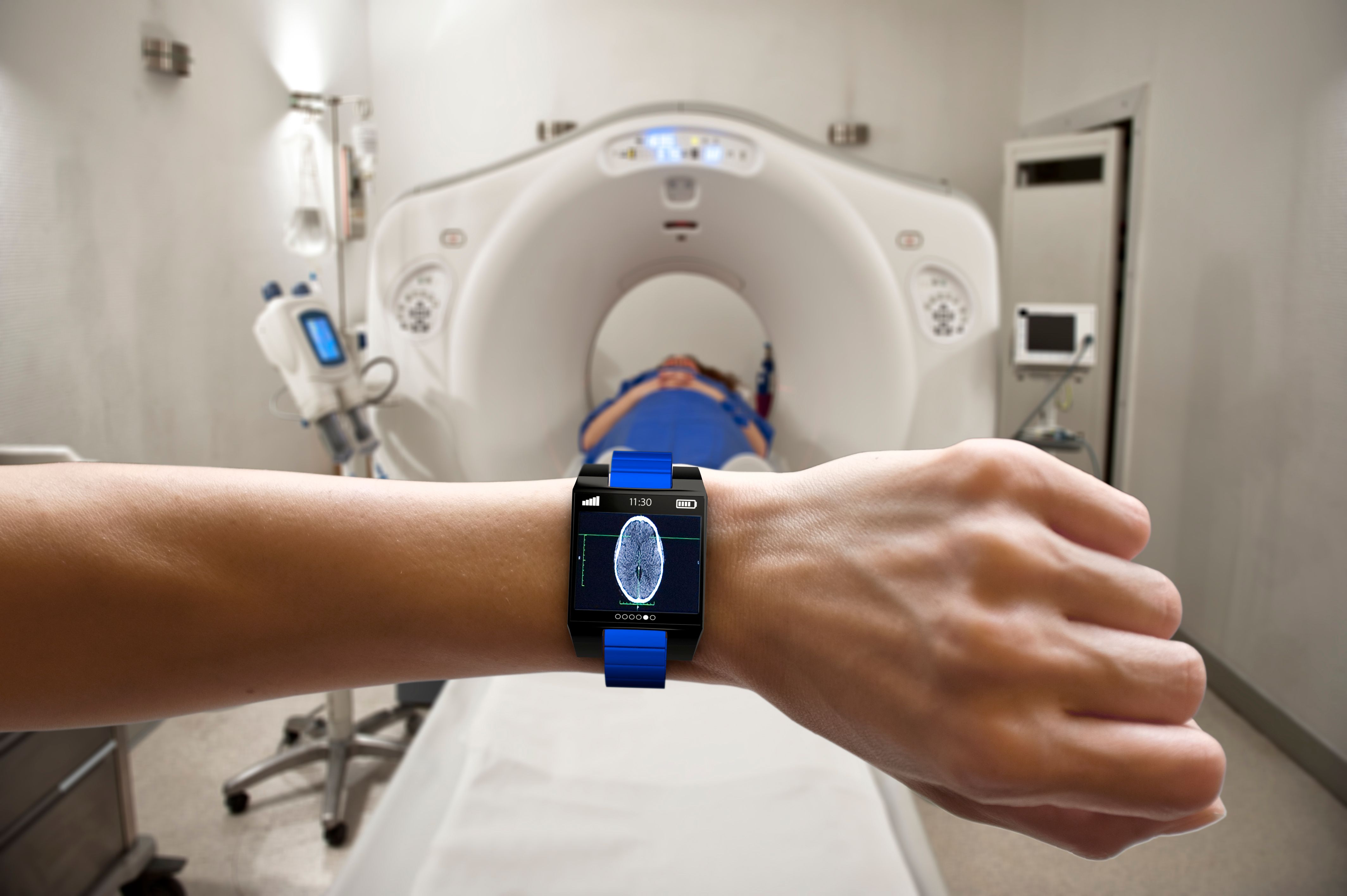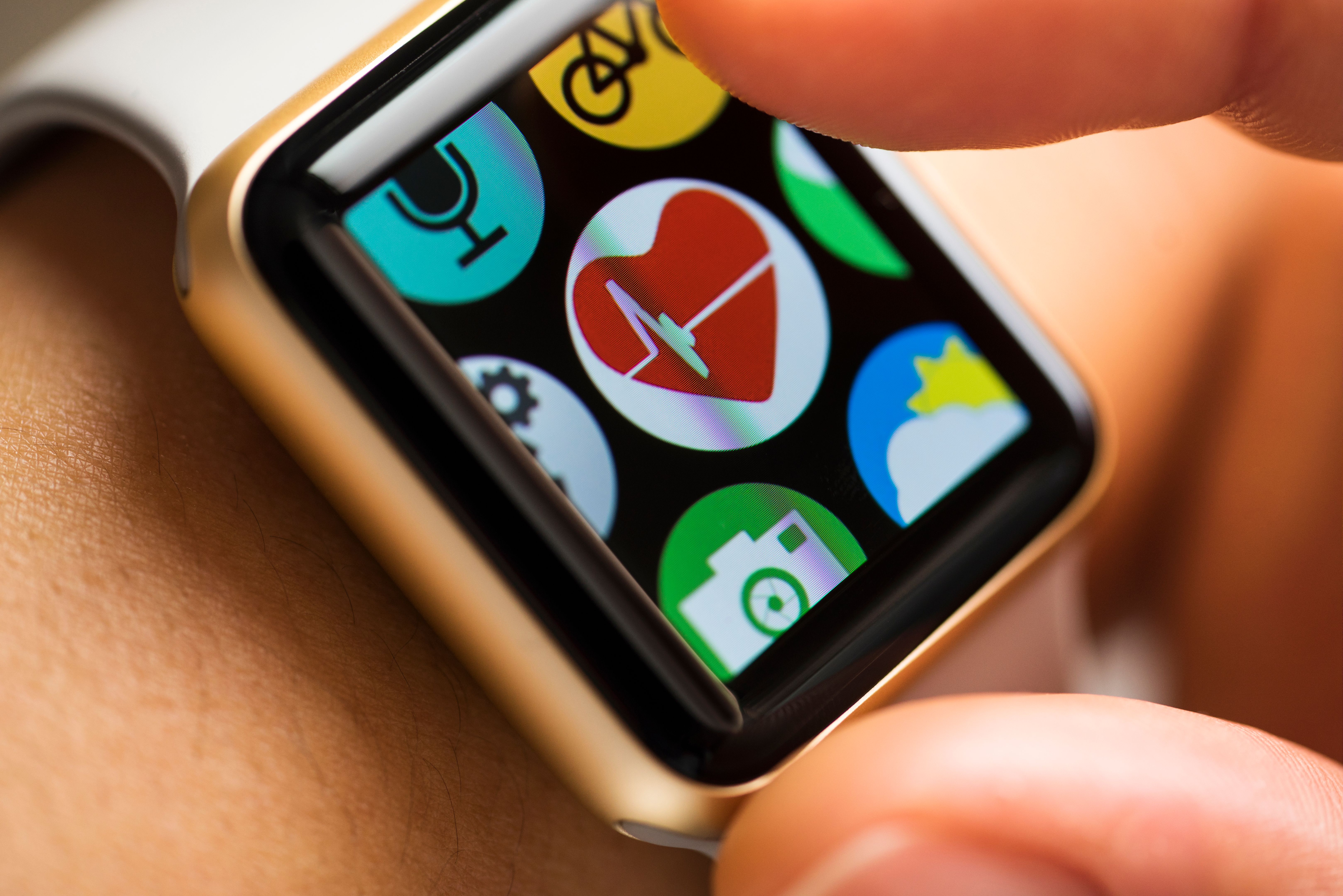The Future of Wellness: Exploring Wearable Health Technology Trends
The Evolution of Wearable Health Technology
The landscape of wellness is transforming rapidly with the advent of wearable health technology. These devices have evolved from simple fitness trackers to sophisticated gadgets capable of monitoring a wide range of health metrics. As technology advances, wearables are becoming integral tools in personal health management.

Wearables are no longer just about counting steps. Modern devices can track heart rate, sleep patterns, stress levels, and even oxygen saturation. This evolution has opened new avenues for health monitoring, providing users with valuable insights into their overall wellness. As these technologies continue to develop, they promise to make healthcare more personalized and accessible.
The Rise of Smartwatches
Smartwatches have become a cornerstone of wearable technology. These devices seamlessly integrate with smartphones, offering an array of health-related features. From electrocardiogram (ECG) readings to fall detection, smartwatches are increasingly serving as digital health assistants.
The ability to receive real-time notifications and reminders makes smartwatches a proactive tool in managing one's health. This aspect is particularly beneficial for individuals with chronic conditions who require constant monitoring and feedback.

Wearables and Mental Health Monitoring
Another significant trend in wearable technology is its application in mental health monitoring. Devices equipped with sensors can evaluate stress levels through heart rate variability and skin conductance, providing users with insights into their mental well-being.
These wearables can prompt mindfulness exercises or breathing techniques when high stress levels are detected. Such features promote mental wellness by encouraging users to manage stress actively, thereby fostering a more balanced lifestyle.
Integrating AI and Machine Learning
The integration of artificial intelligence (AI) and machine learning is enhancing the capabilities of wearable health technology. AI-driven analytics can interpret complex data patterns, offering personalized health recommendations and predictions.
This advanced analysis enables early detection of potential health issues, empowering users to take preventive measures. The synergy between AI and wearables marks a promising direction for predictive healthcare models.
Challenges and Considerations
Despite the promising advancements, wearable health technology faces challenges. Data privacy concerns remain a significant issue, as these devices collect sensitive health information. Ensuring robust security measures is crucial to maintaining user trust.
Moreover, the accuracy and reliability of wearables continue to be a topic of discussion. Ongoing research and development are essential to refine the technology and provide users with precise health insights.
The Future Outlook
The future of wellness through wearable technology is bright. As these devices become more sophisticated, they will likely play a pivotal role in global health initiatives. The potential for wearables to integrate with healthcare systems can lead to improved patient outcomes and more efficient healthcare delivery.
Ultimately, the continued innovation in this field promises to revolutionize how we perceive and manage our health, making wellness a more attainable goal for everyone.
